Teen Watched Her Grandparents Die and then Did the Impossible
The plane was a smoldering wreck, and a troubled teen was alone, injured, and lost deep in the mountains of Washington. Anxious, Asthmatic, and Stranded in the Mountains, a Teen Watched Her Grandparents Die and then Did the Impossible...

SATURDAY, JULY 11, 2015
Miles above the ragged terrain of Washington State, Autumn Veatch, 16, watched through the window of the six-seater plane as it tracked the lonely highway snaking through the mountains.
She’d been visiting her mom and stepdad in Kalispell, Montana, and had expected them to drive her home to Bellingham, in Washington. But her step-grandparents, Leland and Sharon Bowman, offered to fly her back instead, to nearby Lynden.
Over the past two weeks, she and Leland had bonded over their shared love of music, while Sharon’s ability to make Autumn laugh reminded her of her mom. Flying home with them had sounded like a great idea. Then she saw the plane—a cramped white-and-red Beechcraft Bonanza A35 propeller plane built in 1949. As she boarded, she texted her boyfriend, Newt Goss, “I’m totally going to die.”
They were now above the magnificent but forbidding Cascade Range, which bisects Washington State. Bellingham was just west of the mountains. A cocoon of clouds wrapped itself around the aircraft, obscuring the mountains, the sky—everything.
Through a brief break in the fog, Autumn saw a tree-covered mountainside from her window. They were going to slam into it! But no—Leland smoothly banked to the right. Autumn took a few deep breaths.
She had long suffered from severe anxiety. That, along with her depression, other emotional issues, and rapidly shifting moods, often left her feeling fragile and alienated. More than once, she’d contemplated suicide. Her father, David Veatch, with whom she’d lived most of her life, didn’t seem to understand the depth of his daughter’s distress. Worse, Autumn had convinced herself he didn’t care enough to understand. After a number of arguments, she’d moved in with friends and begun attending the same school as Newt, the one person she felt understood her.
Leland and Sharon had been laughing and bantering throughout the flight, but now their tone changed.
“The GPS isn’t working,” Sharon cried out. Without GPS, they were flying blind, surrounded by fog and mountains.
Leland shouted something about having descended too low. He pulled back hard on the flight stick and pitched the aircraft upward, out of the fog. Then both Bowmans screamed. A panorama of evergreens filled the cockpit window.
The Bonanza collided with the mountain—and kept on climbing the slope, its nose still pitched upward. Debris pummeled the plane, ripping away one of its wings, until the aircraft cannonballed into a tall tree, splitting the cabin from its tail section.
Flames spat out in every direction. Autumn wriggled free from her seat belt and jumped out. But Leland and Sharon were still trapped in the front seats, moaning in agony.
Batting at the blaze that singed her face, eyelashes, and hair, Autumn struggled to get to a dazed Leland. As she reached for him, her hand sizzled in the fire. The pain barely registered.
“Unhook your seat belt,” she pleaded, as she pulled on Leland.
Beside him, Sharon went limp. Autumn had never seen anyone die before.
“Come on,” she shouted to Leland, before the life drained from him too.
An odor of burning flesh rose from the mangled fuselage. Horrified, Autumn backed away.
The terrain they’d crashed on, a mile or more up the mountain, offered no path through the thick, dark woods, but she began to push forward and make her own. Scrambling diagonally downward, half walking, half sliding, she kept coming back to a thought: Is it my fault they died?
The sheeting rain made the rocky slope slick. Autumn, soaked, was alone in the wilderness, wearing only a T-shirt, leggings, a cardigan, socks, and sneakers. She was certain this would be her final resting place.
And then she was falling—ten, 12, 15 feet. She’d barely noticed where she was stepping when she walked off a cliff. Grasping at the empty air, she landed with a thud on her bottom. She sat still, quietly assessing. The fall should have snapped her neck. But nothing seemed broken.
She was certain this would be her final resting place.
In the distance, a faint rushing noise. A highway? Hopeful now, she followed the sound.
What she’d thought might have been a highway turned out to be a stream, just two feet wide, gushing down the slope. That’s all right, she thought. It might be just what I need.
She and her dad had loved watching survival shows together on TV—anything that pitted humans against a harsh environment made for great entertainment. Now those shows just might save her. She remembered their lessons: Find water. Follow it downhill. Eventually you’ll find civilization.
She trod carefully along the bank through brush and rocks, until her way was blocked by a thick tangle of jungle. She crossed over to the other bank. Blocked once more, she balanced on a fallen trunk and crossed again. Within a half hour, the stream had grown deeper and wider and more difficult to negotiate. Soon it was a river.
The adrenaline that had driven Autumn since the crash began to ebb, and as it did, the burns she’d suffered on her hand became more painful. She pulled her cardigan’s wet sleeve over it to keep the blisters from further damage. She kept going.
Any hint of light through the thick tree canopy had disappeared by 9 p.m., along with the warmth it generated. As long as she wore her wet clothes, she risked hypothermia. She spied a small overhang. It was flat and covered with pine needles. This would be her bed for the night.
Autumn wrung out her sopping-wet clothes and hung them on branches to dry. Keeping her cardigan, she pulled her knees close to her chest and settled in. But sleep eluded her. I wonder if anyone is searching for me? Then she realized no one would even know where to look.
Something massive rustled through the landscape nearby—bear, moose, or mountain lion. In the utter blackness, she couldn’t see what.
She had never been so cold.
SUNDAY, JULY 12
The early-morning light broke through the trees soon after 5 a.m. Reaching for her clothes, Autumn discovered they were still soaking wet. Struggling to get them back on, she thought,The sooner I get moving, the sooner I’ll get somewhere.
It wasn’t long before the bank was again blocked and she had to pick her way across the river, zigzagging above the rushing water from one jutting rock to the next. Cautiously, she attempted another stride but lost her balance. The current swept the terrified teen under, bumping and scraping her over jagged riverbed debris.
The phone in David Veatch’s Bellingham apartment rang at 7:16 a.m. It was Autumn’s mother, Misty. Newt had gone to pick up Autumn at the Lynden airport, but Leland and Sharon’s plane had never arrived.
David was confused. He’d assumed that Autumn was on a commercial airliner, not a private plane. Could this be real? He checked the local breaking-news website. There was indeed a plane missing. Feeling helpless, he contacted the local television news station, hoping that broader media coverage would galvanize the public’s attention and mobilize a wider search. Then he waited.
If the searchers couldn’t locate survivors within the first 24 hours, they would probably succumb to hypothermia, injury, or any of the myriad perils thousands of feet up in the mountains.
When the Beechcraft Bonanza didn’t land as expected, the Federal Aviation Administration set its search operation in motion. Steven Bass was an Alaska Airlines pilot, but this morning, he led a volunteer Civil Air Patrol crew of three in a single-engine Cessna through the northern Cascades. His crew members scanned the impenetrable forest, their eyes searching for anything out of the ordinary. They were concentrating their efforts close to the last known cell-tower position that Autumn’s texts had gone through.
Had anyone survived—and that was unlikely—time was the enemy. More than 15 hours had passed since the plane had disappeared. If the searchers couldn’t locate survivors within the first 24 hours, they would probably succumb to hypothermia, injury, or any of the myriad perils thousands of feet up in the mountains. And in the thousands of square miles of wilderness, it could be months, even years, before the crash site was found.
As she swam to the opposite bank of the river, a drenched, gasping Autumn gathered the strength to crawl out. The river that she believed was her best hope, her guide, was also her cruelest enemy, testing her every step of the way. Next up, a waterfall, about 15 feet in height. On either side was a near-vertical wall of rock. There was no other way down. The choice was simple: Climb down or die here.
Digging her fingers into any crevice she could find, her burned right hand screaming in protest, she descended. Almost there, almost … Her fingers slipped. The frigid, roiling water snagged her, pulled her under, threw her downstream, and spit her out.
I did it! I made it down.
As she pulled herself out of the river, her anxiety kicked up, filling her with dread. If it bloomed into a full panic attack, she’d be paralyzed. Then her body joined in the sabotage. Asthmatic since she was little, she was finding it difficult to breathe. Settling on a fallen log, Autumn did her best to catch her breath.
MONDAY, JULY 13
Sitting at home and waiting for news had become excruciating. So David headed to the Bellingham airfield in the morning to check on the searchers’ progress. Seeing the pilots, the planes, the planners, made it real for him. These volunteers had come together to help find his baby. All the emotion that had been building came welling up, and David broke down.
Autumn awoke at dawn covered in insect bites. The bites stung. Her burns throbbed. Every muscle ached. The chill cut through her thin, damp clothes. She had barely drunk any water since the crash. The one ache she didn’t yet feel was hunger. She hadn’t eaten any food in over 24 hours and knew she needed sustenance. The trouble was, she couldn’t find anything edible. Wild berry bushes grew in thickets on the slope, but their fruits were still green. So she stood and, once again, followed the river.
Then she heard the drone of an airplane. Could they be looking for me? She waved and shouted and watched it fly away. No one could see or hear her from way up there.
By midmorning, her last reserves of energy nearly depleted, she almost didn’t recognize the wooden structure ahead as something man-made. It was a log bridge. A trail led from it to a parking lot, where a sign announced: Easy Pass Trail. Beyond the parking lot was a highway. She had made it.
Scrambling to the shoulder of the highway, she frantically waved her arms at cars and trucks that whizzed by. A passenger waved back, but after a fruitless hour, and too tired to stand, she limped back to the parking lot.
To friends Matt Germann, 34, and Chase Euerle, 34, it looked like a great day for a hike. As they unpacked their gear in the Easy Pass Trail parking lot, Matt spied movement. A teenage girl was tentatively walking toward them.
“I need help,” she said. The men then listened to her incredible story.
“You’re OK now,” said Matt, gently. “We’re going to get you off the mountain.” With no cell service in the wilderness, the men bundled her into their car and headed for the closest phone, in a store a half hour away.
David hadn’t slept in about 30 hours. His friends holding vigil with him, he finally lay down to take a quick nap. He had begun to doze when the phone rang. It was the Civil Air Patrol. Someone claiming to be Autumn Veatch had just walked out of the Cascades and into a store in the remote town of Mazama, Washington.
The first person Autumn called while waiting for the ambulance was her mother. It was a conversation Autumn dreaded. How could she tell her that Leland and Sharon were gone? But her mom calmed her fears. Yes, there would be grief, but for now, Misty reveled in the knowledge that Autumn was alive.
Autumn’s second call was to her dad. A thousand pounds of tension drained away as Autumn heard him tell her that he loved her. That he would get there as fast as humanly possible. That he was coming to take her home.
For the first time since the crash, her battered, exhausted body finally recognized what it had been missing. She was ravenous.
“You know, Dad,” she said, “this would be a great time for some McDonald’s.”
At Three Rivers Hospital in Brewster, Washington, Autumn was treated for muscle wasting, dehydration, third-degree burns, hypothermia, bruises, and insect bites. She was discharged the following day. Now 17, Autumn has moved back home with David, into her old room.
---
Original article by Anita Bartholomew and can be found here
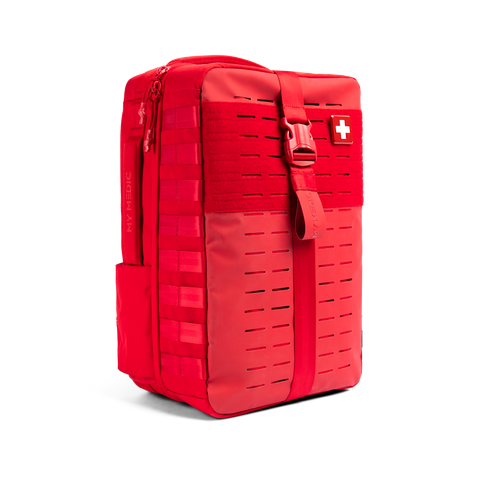 NEW ARRIVALS
NEW ARRIVALS
 BEST SELLERS
BEST SELLERS
 SUPERSKIN™
SUPERSKIN™
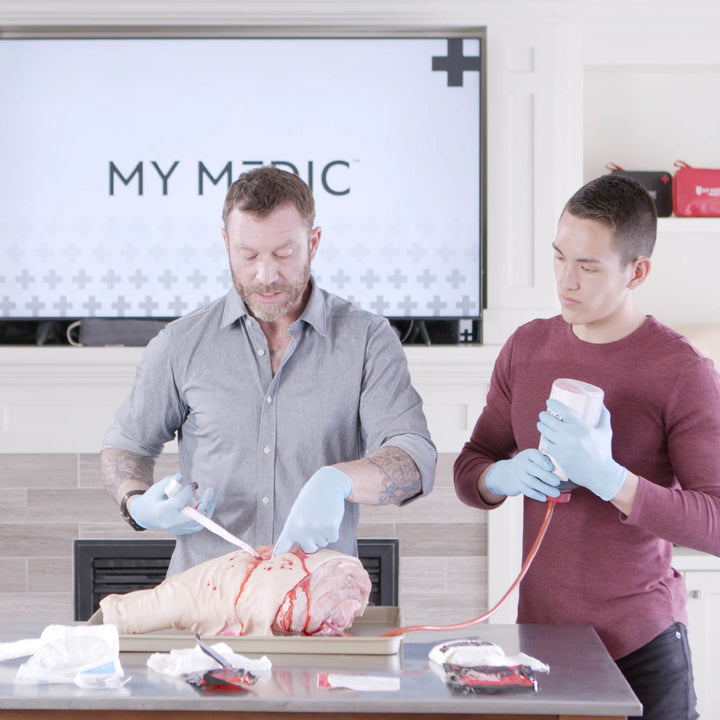 COURSES
COURSES
 GIFT CARDS
GIFT CARDS
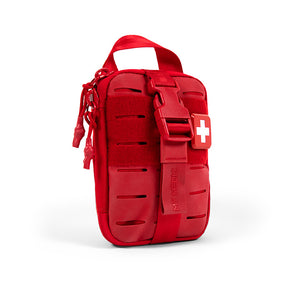 The MyFAK Collection
The MyFAK Collection
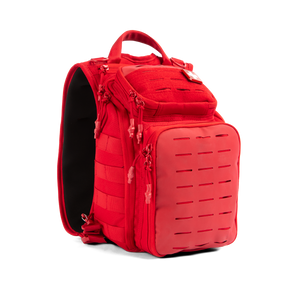 Specialty
Specialty
 The Ready Collection
The Ready Collection
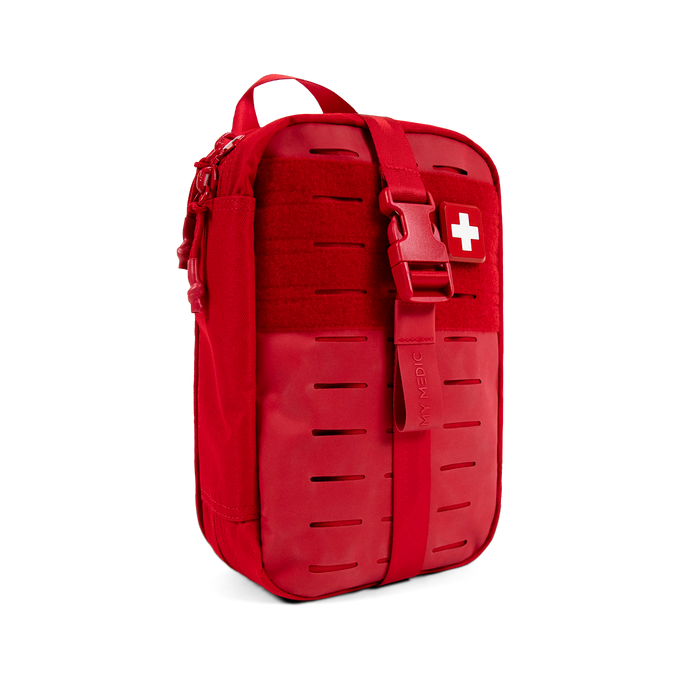
 BLEED
BLEED
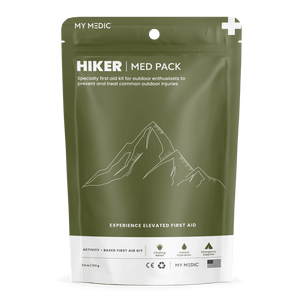 OUTDOOR
OUTDOOR
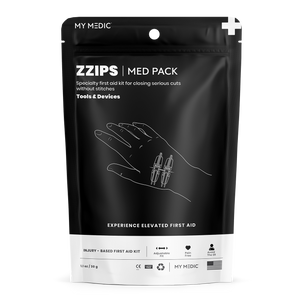 TOOLS & DEVICES
TOOLS & DEVICES
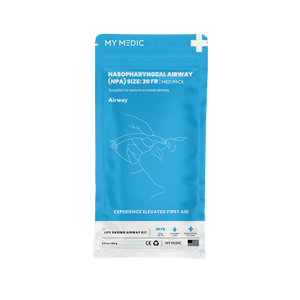 AIRWAY
AIRWAY
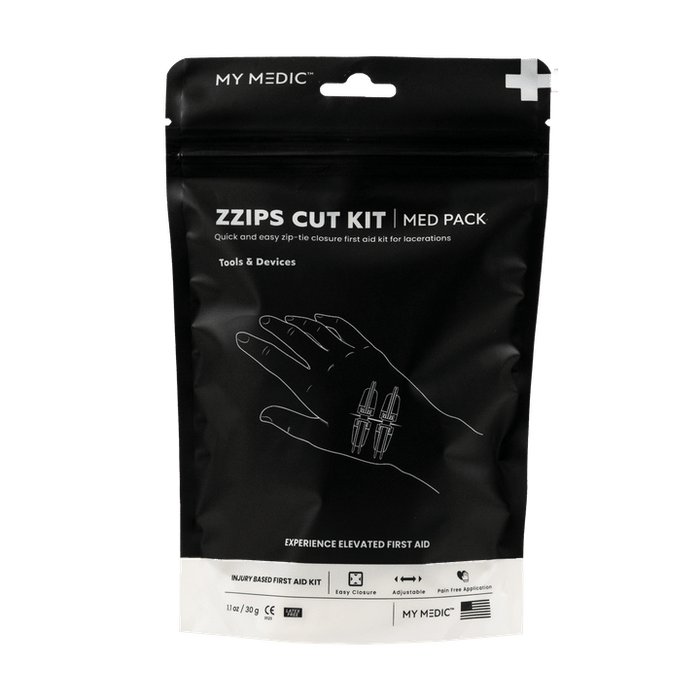
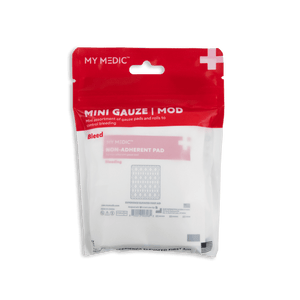 BLEED
BLEED
 OUTDOOR
OUTDOOR
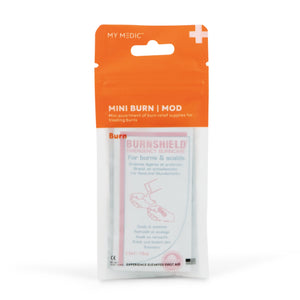 BURN
BURN
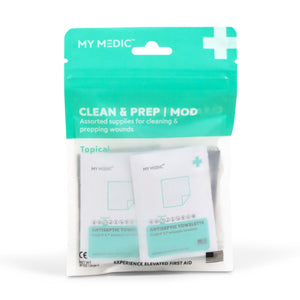 TOPICAL
TOPICAL
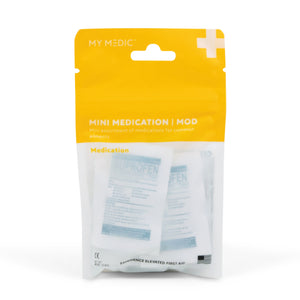 MEDICATION
MEDICATION
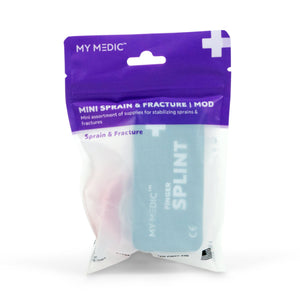 SPRAIN & FRACTURE
SPRAIN & FRACTURE
 HYDRATION
HYDRATION
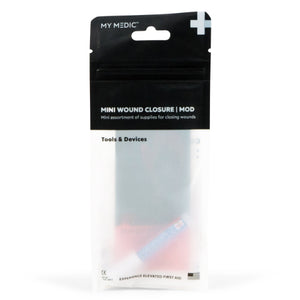 TOOLS & DEVICES
TOOLS & DEVICES
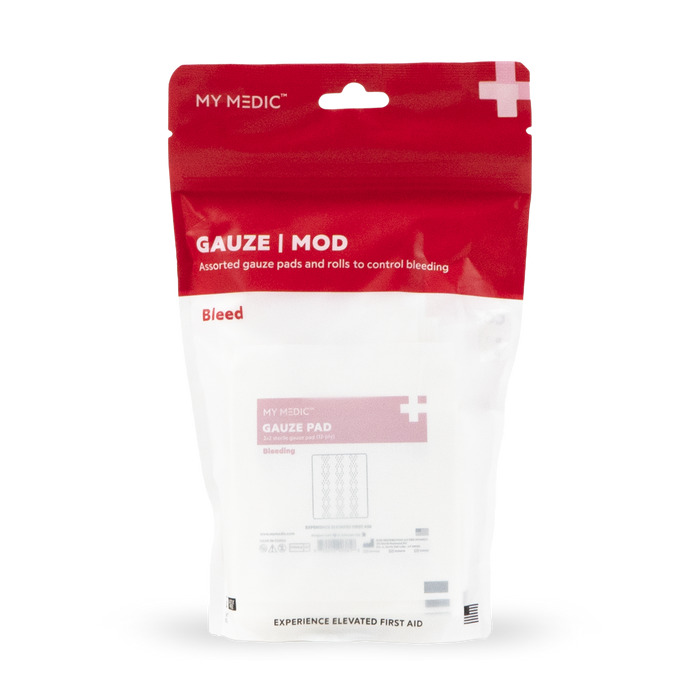
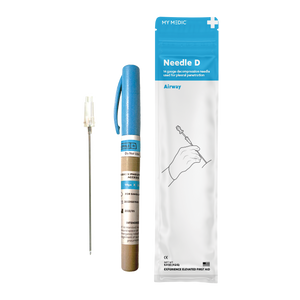 Supply Categories
Supply Categories
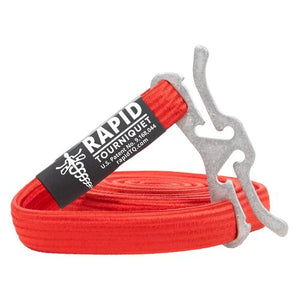 Top Sellers
Top Sellers
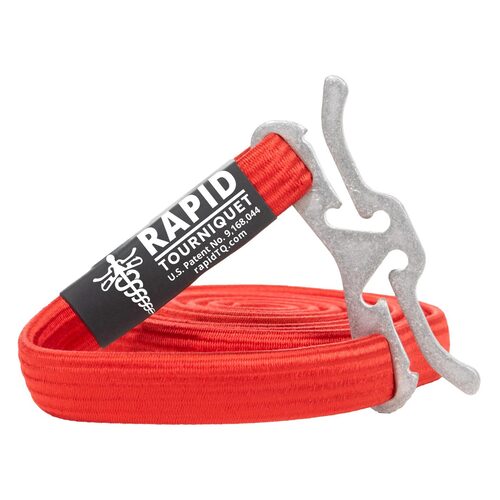





Leave a comment